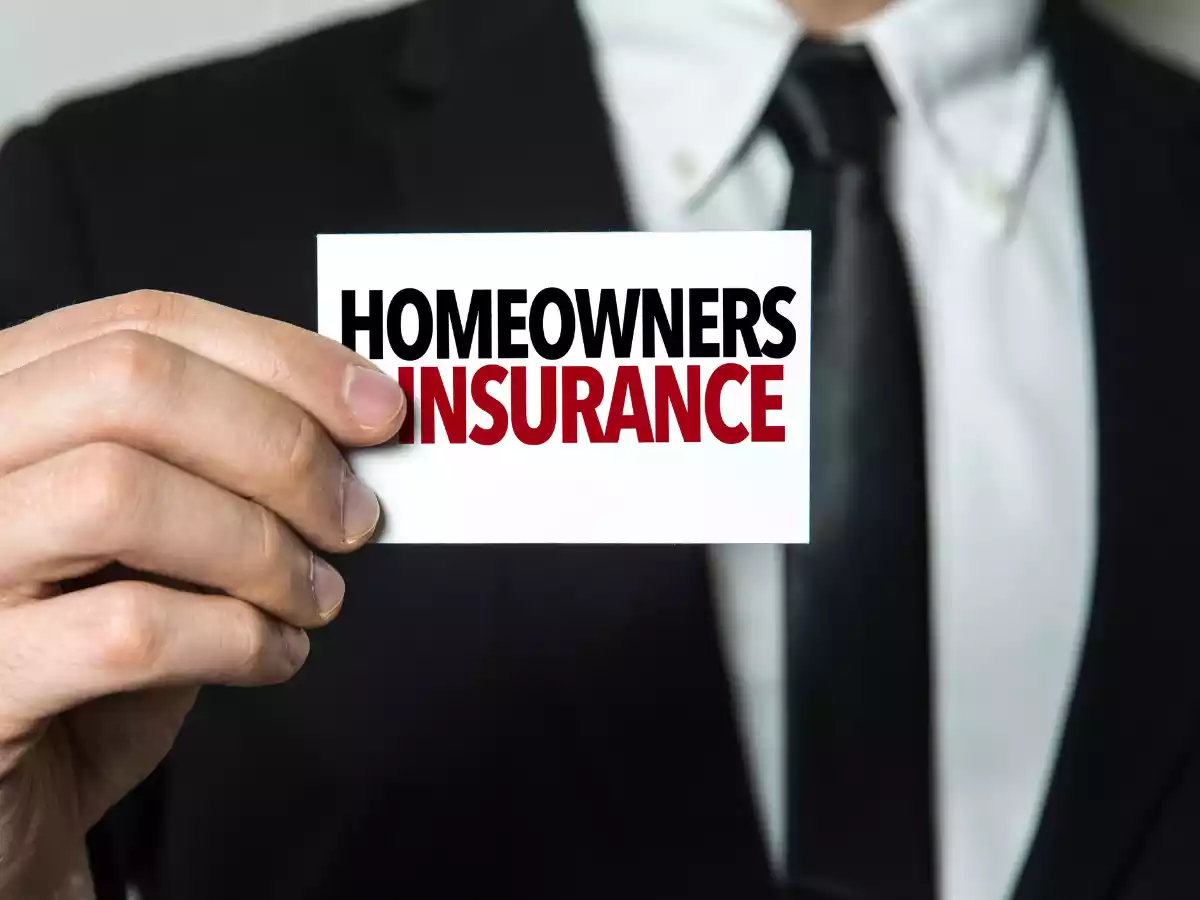Owning a home is a dream come true for many, but it also comes with significant responsibilities. If you’ve taken out a mortgage to buy your home, you may be aware of the requirement to have homeowners insurance. However, some homeowners might wonder, “What happens if you have a mortgage and no homeowners insurance?” In this article, we will explore the consequences of not having homeowners insurance when you have a mortgage and why it’s a critical aspect of responsible homeownership.
The Role of Homeowners Insurance
Before delving into the potential consequences, it’s essential to understand the role of homeowners insurance. Homeowners insurance is a financial safety net that protects both you and your lender in the event of unexpected disasters, accidents, or damage to your property. It serves multiple purposes:
1. Property Protection
Homeowners insurance provides coverage for your home and its structure. This includes protection against perils such as fire, theft, vandalism, and natural disasters. Without insurance, your most significant investment is vulnerable to substantial financial loss.
2. Personal Belongings Coverage
Your policy also covers personal belongings within your home, such as furniture, electronics, and clothing. Without homeowners insurance, replacing these items becomes your sole responsibility in case of damage or theft.
3. Liability Protection
Homeowners insurance includes liability coverage, which safeguards you in case someone is injured on your property and you are found responsible. It covers medical bills, legal fees, and other related expenses.
4. Mortgage Lender’s Interest
If you have a mortgage, your lender has a financial interest in your property. Homeowners insurance protects the lender’s investment, ensuring that if the home is damaged or destroyed, they can recover their loan amount.
Consequences of Having No Homeowner Insurance
Now that we understand the role of homeowners insurance let’s explore the potential consequences of not having it when you have a mortgage:
1. Violation of Mortgage Agreement
Most mortgage contracts include a clause that mandates homeowners to maintain homeowners insurance throughout the loan’s term. Failing to comply with this requirement constitutes a breach of your mortgage agreement.
2. Lender-Placed Insurance
If you don’t provide proof of homeowners insurance, your lender may purchase a policy on your behalf known as lender-placed insurance. This coverage primarily protects the lender’s interest and is often more expensive. You will be responsible for the added cost, increasing your monthly mortgage payments.
3. Personal Property Risk
Without homeowners insurance, you risk losing your personal belongings in case of theft, fire, or other covered events. Replacing these items can be financially burdensome.
4. Liability Exposure
Lack of liability coverage means you may be personally responsible for medical bills and legal expenses if someone is injured on your property and you are found liable.
5. Legal Consequences
Failing to maintain homeowners insurance could result in legal actions by your lender, including the possibility of foreclosure if you consistently violate your mortgage agreement.
Conclusion
Having homeowners insurance when you have a mortgage is not just a recommendation; it’s a contractual obligation and a crucial safeguard for your home and finances. The consequences of not having homeowners insurance include violating your mortgage agreement, potential legal actions by your lender, personal property risk, and liability exposure. To protect your home, and your financial well-being, and comply with your mortgage terms, it’s essential to maintain homeowners insurance.
Frequently Asked Questions (FAQs)
1. Can I choose my homeowners insurance provider?
Yes, you can choose your homeowners insurance provider, but it must meet the requirements set by your mortgage lender.
2. What factors affect homeowners insurance rates?
Several factors influence homeowners insurance rates, including your location, the age and condition of your home, your coverage limits, and your claims history.
3. Can I cancel my homeowner’s insurance once I’ve paid off my mortgage?
While it’s not required, many homeowners choose to maintain insurance even after paying off their mortgage to continue protecting their investments.
4. Is homeowners insurance tax-deductible?
In some cases, homeowners insurance premiums may be tax-deductible. Consult with a tax professional for guidance specific to your situation.
5. How can I reduce my homeowners insurance premiums?
You can potentially lower your premiums by increasing your deductible, bundling your insurance policies, and implementing safety features in your home, such as security systems and smoke detectors.
Read more:https://wink24news.com/
More related
- does cigna offer pet insurance
- uhaul insurance worth it
- does u haul insurance cover damage to other vehicles
- does section 8 require renters insurance
- why do mortgage companies require homeowners insurance?
- when does the lender require you to purchase the homeowners insurance policy?
- apartment fire no renters insurance
